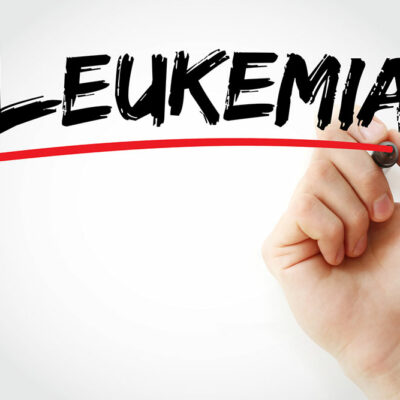
Stage-wise treatment options for colon cancer
Colon cancer treatment is largely based on the extent that it has reached. People affected with any form of colon cancers which have not further spread to other parts of the body typically have to undergo surgery, which is a primary form of its treatment. After this, a few sessions of chemotherapy may also be advised. Following are the treatment approaches used for colon cancer depending upon the stage of the disease:
- Treatment for Stage 0 of colon cancer
When colon cancer is at Stage 0, it means that the cancerous cells have not gone beyond the colon’s inner lining. In this stage, a surgery or colonoscopy is needed to remove the cancer cells.
- Treatment for Stage I of colon cancer
During Stage I of colon cancer, cancer usually penetrates deeper into the colon’s wall. However, it also implies that it is intact within the wall of the colon. It basically doesn’t or hasn’t spread further.
Stage I includes cancers which are a part of a polyp. In case, the polyp gets removed completely during colonoscopy, with no cancer cells towards the edges (margins) of the removed piece, no other treatment may be needed. Sometimes, surgery is required in case the polyp has to be extracted in pieces, without being able to see whether the cells have remained towards the edges.
A partial colectomy may be required for cancers that are not restricted to a polyp.
- Treatment for Stage II of colon cancer
The stage II of colon cancer indicates that the cancerous cells have typically spread to the nearby tissue, but does not affect the lymph nodes. A partial colectomy is used to remove the cancer-containing colon along with the nearby lymph nodes. However, for this stage, the doctor may ask you to undergo an adjuvant treatment, which is a chemo post the surgery. This is recommended highly for people who have a chance of a relapse of cancer.
- Treatment for Stage III colon cancer
The Stage III of colon cancer is the stage wherein the cancerous cells have affected the surrounding lymph nodes, but they have not yet extended to the other parts of the body. While it uses the same approach as the second stage treatment of colon cancer , the chemotherapy may adopt regimes involving FOLFOX or even CapeOx. Radiation therapy may also be suggested for patients who are not too healthy.
- Treatment for Stage IV colon cancer
The treatment at this stage is heavily dependent on the body parts where cancer has spread to. While it often spreads to the liver, in some unfortunate cases, it may penetrate into the lungs, brain, and other organs too. In some cases, metastases may be required to remove the tumors, if they are curable in the other parts of the body. However, chemotherapy is the most common approach used for either treating this stage or at least for providing some relief from the symptoms. Additionally, radiation therapy may be adapted to shrink the tumors. However, this does not guarantee to heal cancer. Depending on the effect of cancer, an additional immunotherapy medicine, known as pembrolizumab is prescribed post the initial regime of chemotherapy.


